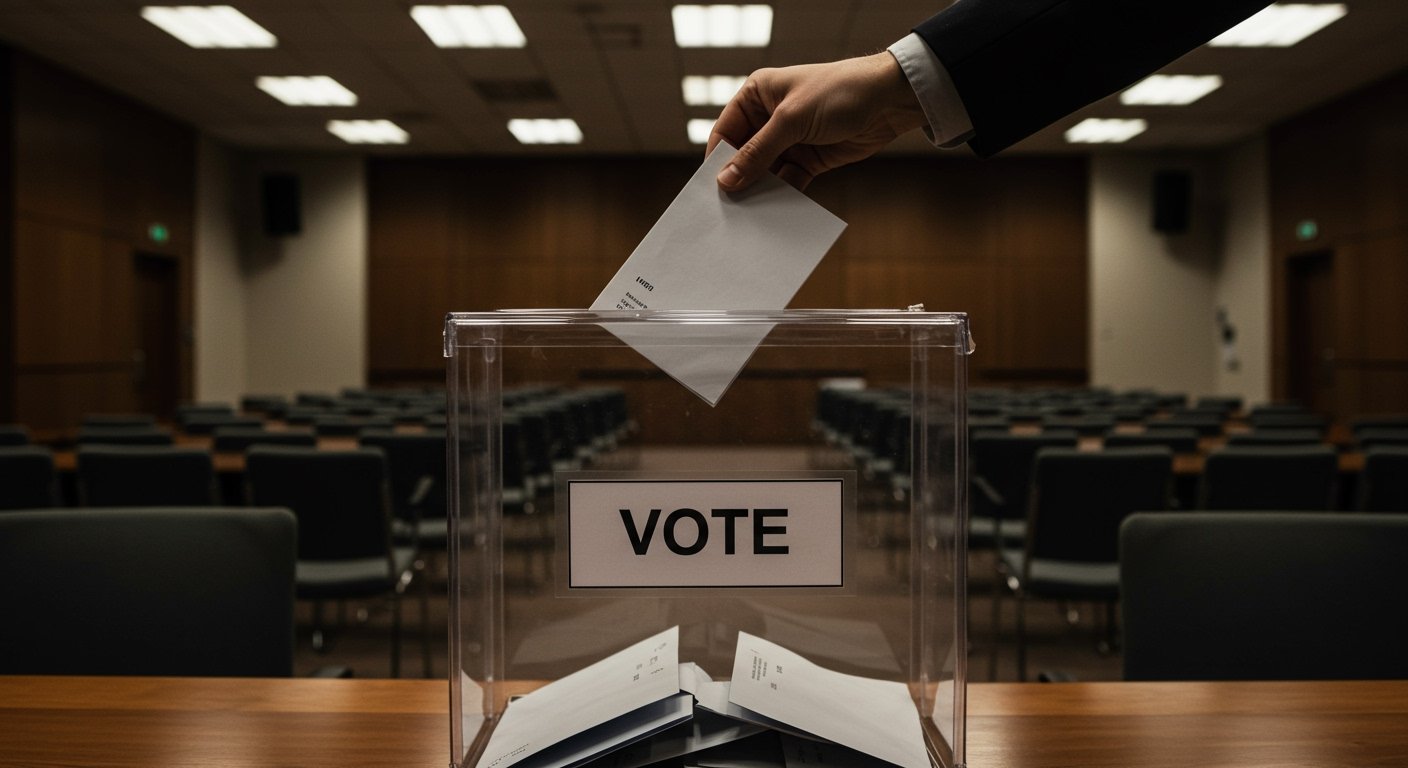WASHINGTON, D.C. — The Trump administration on February 3, 2025, initiated a significant escalation in global trade tensions, imposing new tariffs on a wide range of imports from Canada, Mexico, and China. The move, which the White House framed as necessary to address critical national security and public health issues, immediately drew sharp criticism from economists and prompted swift retaliatory measures from affected nations.
Under the directives issued by President Donald Trump, 25% tariffs were applied to most imports originating from Canada and Mexico. Concurrently, goods arriving from China were subjected to a 10% tariff. These measures mark a substantial broadening of trade restrictions previously seen, impacting key trading partners of the United States.
White House Justifies Action on Immigration, Drugs
The White House provided a clear rationale for the tariffs, stating they were essential to “hold the three countries accountable for halting illegal immigration and stopping the flow of fentanyl and other drugs into the U.S.” Administration officials argued that these economic penalties would incentivize Canada, Mexico, and China to enhance their efforts in controlling their borders and disrupting illicit drug supply chains that reach American communities. President Trump also issued a separate warning, threatening the potential imposition of new tariffs on the European Union, signaling a potential expansion of the trade disputes.
Economic Repercussions and Criticism
The tariff announcement was met with widespread condemnation from economic analysts and institutions. Many economists predicted that the tariffs would inevitably lead to increased consumer prices within the United States, burdening households. The sentiment was perhaps best captured by The Wall Street Journal, which published a strongly worded editorial titled “The Dumbest Trade War in History,” highlighting concerns about the negative impact on American businesses and consumers.
Critics argued that using trade policy to address complex issues like immigration and drug trafficking is an inefficient and potentially counterproductive strategy, risking economic harm without guaranteeing success on the stated objectives.
Retaliation and Calls for Collaboration
Both Canada and Mexico responded rapidly to the U.S. tariffs, issuing retaliatory tariffs on various American goods. This tit-for-tat escalation mirrors previous trade disputes and raises concerns about a deepening trade conflict that could harm North American economic integration.
Mexican President Claudia Sheinbaum addressed the situation, expressing her nation’s preference for collaboration rather than confrontation. President Sheinbaum emphasized Mexico’s commitment to combating drug trafficking, stating unequivocally that “Mexico does not want fentanyl to reach the U.S. or anywhere else.” She advocated for “joint integral work to fight criminal groups,” suggesting a cooperative approach is more effective than unilateral economic pressure.
Unrelated Developments at USAID
In seemingly unrelated but contemporaneous news that has drawn significant attention, reports have emerged detailing turmoil within the U.S. Agency for International Development (USAID). Billionaire entrepreneur Elon Musk is reportedly pushing for the shutdown of the independent federal agency, which administers civilian foreign aid and development assistance.
The agency’s public website has been down since Saturday, and employees were reportedly instructed not to report to work. Further unsettling developments included the placement of USAID’s director of security and his deputy on leave Saturday. Reports indicate this action was taken after they allegedly attempted to block Musk’s Department of Government Efficiency from accessing USAID’s classified systems. The purported involvement of a private citizen’s entity in accessing sensitive government systems has raised alarms among lawmakers.
Congressional Reaction
The situation at USAID prompted a strong reaction from some members of Congress. New York Congressmember Alexandria Ocasio-Cortez characterized the events as a “five alarm fire.” She voiced sharp criticism regarding the reported influence of Mr. Musk, asserting pointedly that the American public “elected Donald Trump, not an unelected billionaire,” questioning the appropriateness of private individuals directing government operations and accessing classified information.
As the trade tensions rise and questions swirl around the situation at USAID, the developments on February 3, 2025, underscore a period of significant policy shifts and political turbulence in Washington and beyond.











